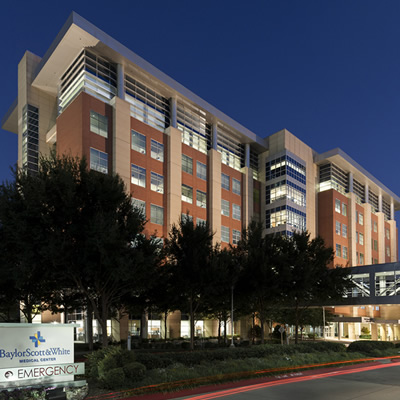What conditions does interventional cardiology treat?
- Aneurysm
- Atherosclerosis (plaque buildup in the coronary arteries)
- Carotid artery disease
- Chronic venous disease
- Congenital heart diseases, such as atrial and ventricular septal defects
- Congestive heart failure
- Coronary artery disease
- Deep vein thrombosis
- Heart attack
- Heart valve diseases, such as aortic stenosis and mitral valve regurgitation
- Hypertrophic cardiomyopathy
- Pulmonary hypertension
Cardiac catheterization to diagnose a heart condition
Catheter-based procedures can give your interventional cardiologist a more accurate picture of your heart health to determine which condition you have. During cardiac catheterization, a catheter is inserted into the body through the groin or the wrist. Your interventional cardiologist guides the catheter to your heart or a blood vessel to identify any problems, such as artery blockages or valve defects, and treat them effectively.
Procedures that might be performed during a cardiac catheterization include:
- Angiogram, which uses dyes to reveal blockages or narrowing in your heart’s arteries
- Angioplasty and stenting to open narrowed or blocked arteries
- Biopsies (samples) of heart tissue
- Checking for problems with your heart’s valves, chambers and major arteries
- Measuring pressure and oxygen levels in your heart
- Seeing how well your heart pumps
Treating heart conditions with interventional cardiology
Angioplasty and stenting
During this procedure, your interventional cardiologist guides a catheter with a balloon to an artery that has become blocked or narrowed, often due to plaque buildup. Your physician inflates the balloon to clear the blockage and allow blood to flow freely. Once the balloon has cleared the blockage, a stent (a wire mesh tube) keeps the artery open long-term.
Your interventional cardiologist may use a drug-eluting stent, a special type of device that contains medications to reduce the risk of scar tissue forming around the stent.
Heart valve repair and replacement
In qualifying patients, interventional cardiologists can repair aortic stenosis, mitral valve regurgitation and other forms of heart valve disease using minimally invasive catheter-based approaches as an alternative to open-heart surgery. Procedures include:
- Transcatheter aortic valve replacement, a minimally invasive procedure used to replace a narrowed aortic valve.
- Transcatheter edge to edge repair (TEER), a solution for mitral valve regurgitation in which a small device is attached to the valve, allowing it to close properly.
- Valvuloplasty, in which a catheter equipped with a balloon is guided to a narrowed or blocked valve and inflated.
Ventricular assist devices
Ventricular assist devices (VADs) boost the heart’s ventricular (lower chambers) function in people with advanced heart failure. Although VADs often require open-heart surgery, percutaneous VADs (PVADs) can be implanted using catheters in the larger vessels of the leg or arm/chest.
Blood clot removal
If you have deep vein thrombosis or a pulmonary embolism, your interventional cardiologist may perform a percutaneous mechanical thrombectomy, in which a thin, flexible tube is used to help break up, dissolve or remove a blood clot.
Ablation procedures
Interventional cardiologists can use a procedure called cardiac ablation to treat damaged heart tissue caused by irregular heartbeats. It can also be used to treat heart conditions, such as cardiomyopathy, which can decrease blood flow out of your heart.
Your cardiologist may use:
- Radiofrequency energy: This approach uses heat to scar heart tissue and interrupt electrical signals.
- Cryotherapy: This approach works similarly to radiofrequency but uses very cold temperatures to create scarring.
- Alcohol: Alcohol causes damaged areas of the heart muscle to shrink, improving blood flow.
Benefits of interventional cardiology
Interventional cardiology procedures offer an alternative to traditional, open-heart surgery, which requires a surgeon to make a large incision in the chest and open the rib cage to operate on the heart. These procedures use only tiny incisions to insert a catheter into the body, requiring shorter recovery times and hospital stays and often having a lower risk of complications.
What to expect
You’ll receive instructions from your cardiologist’s office before having an interventional cardiology procedure. Before the procedure, you will likely need to have testing, including blood tests and imaging scans.
You’ll also receive instructions about whether to continue taking your medications and when to begin fasting before the procedure. Talk with your care team about any questions and what you need to know before the procedure.
Depending on the condition treated and recovery progress, you could be discharged home within a day after certain interventional cardiology procedure.
When you’re discharged, you’ll receive a set of at-home care instructions. These instructions will include guidance about signs of complications you should watch for and when it’s safe to resume normal activities. Carefully follow these instructions to ensure you heal quickly and completely.
Find a location near you
You can find our interventional cardiology services at our locations across North and Central Texas. Our interventional cardiologists work in well-equipped cardiac cath labs and hybrid labs that combine cardiac catheterization procedures and heart surgery. We’ll help you find a clinic that matches your needs.

Baylor Scott & White All Saints Medical Center - Fort Worth
1400 8th Ave , Fort Worth, TX, 76104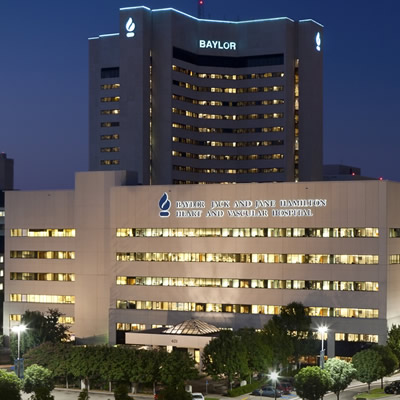
Baylor Scott & White Cardiology Consultants of Texas - Dallas
621 N Hall St Ste 500, Dallas, TX, 75226- Monday: 8:00 am - 5:00 pm
- Tuesday: 8:00 am - 5:00 pm
- Wednesday: 8:00 am - 5:00 pm
- Thursday: 8:00 am - 5:00 pm
- Friday: 8:00 am - 5:00 pm
- Monday: 8:30 am - 4:30 pm
- Tuesday: 8:30 am - 4:30 pm
- Wednesday: 8:30 am - 4:30 pm
- Thursday: 8:30 am - 4:30 pm
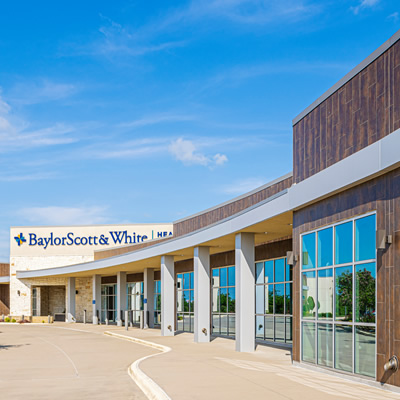
Baylor Scott & White Cardiology Consultants of Texas - Greenville
4400 Interstate 30 W Ste 300, Greenville, TX, 75402- Monday: 8:30 am - 5:00 pm
- Tuesday: 8:30 am - 5:00 pm
- Wednesday: 8:30 am - 5:00 pm
- Thursday: 8:30 am - 5:00 pm
- Friday: 8:30 am - 5:00 pm
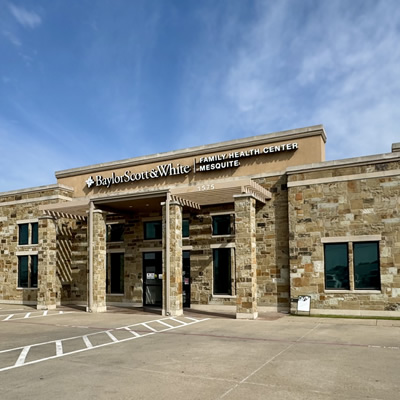
Baylor Scott & White Cardiology Consultants of Texas - Mesquite
1575 Interstate 30 , Mesquite, TX, 75150- Monday: 8:30 am - 5:00 pm
- Tuesday: 8:30 am - 5:00 pm
- Wednesday: 8:30 am - 5:00 pm
- Thursday: 8:30 am - 5:00 pm
- Friday: 8:30 am - 5:00 pm

Baylor Scott & White Cardiology Consultants of Texas - Midway
4431 E US Hwy 287 , Midlothian, TX, 76065- Monday: 8:00 am - 5:00 pm
- Tuesday: 8:00 am - 5:00 pm
- Wednesday: 8:00 am - 5:00 pm
- Thursday: 8:00 am - 5:00 pm
- Friday: 8:00 am - 5:00 pm

Baylor Scott & White Cardiology Consultants of Texas - Park Cities
9101 N Central Expy Ste 300C, Dallas, TX, 75231- Monday: 8:30 am - 5:00 pm
- Tuesday: 8:30 am - 5:00 pm
- Wednesday: 8:30 am - 5:00 pm
- Thursday: 8:30 am - 5:00 pm
- Friday: 8:30 am - 5:00 pm
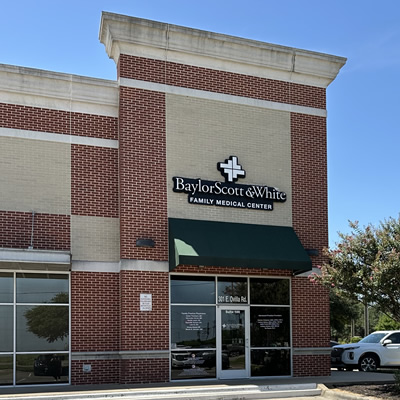
Baylor Scott & White Cardiology Consultants of Texas - Red Oak
301 E Ovilla Rd Ste 100, Red Oak, TX, 75154- Monday: 8:00 am - 5:00 pm
- Tuesday: 8:00 am - 5:00 pm
- Wednesday: 8:00 am - 5:00 pm
- Thursday: 8:00 am - 5:00 pm
- Friday: 8:00 am - 5:00 pm
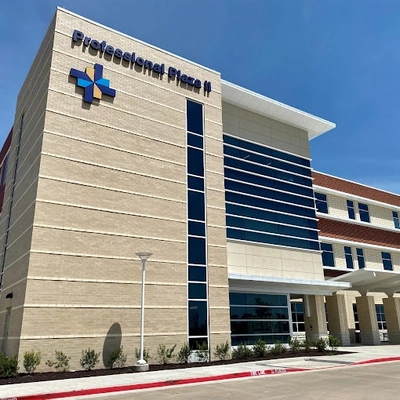
Baylor Scott & White Cardiology Consultants of Texas - Waxahachie
2360 N Interstate 35E Ste 110, Waxahachie, TX, 75165- Monday: 8:00 am - 5:00 pm
- Tuesday: 8:00 am - 5:00 pm
- Wednesday: 8:00 am - 5:00 pm
- Thursday: 8:00 am - 5:00 pm
- Friday: 8:00 am - 5:00 pm

Baylor Scott & White Cardiovascular Associates - Fort Worth
1307 8th Ave Ste 406, Fort Worth, TX, 76104- Monday: 8:00 am - 4:30 pm
- Tuesday: 8:00 am - 4:30 pm
- Wednesday: 8:00 am - 4:30 pm
- Thursday: 8:00 am - 4:30 pm
- Friday: 8:00 am - 4:30 pm

Baylor Scott & White Cardiovascular Consultants - Denton
3333 Colorado Blvd , Denton, TX, 76210- Monday: 8:30 am - 5:00 pm
- Tuesday: 8:30 am - 5:00 pm
- Wednesday: 8:30 am - 5:00 pm
- Thursday: 8:30 am - 5:00 pm
- Friday: 8:30 am - 5:00 pm
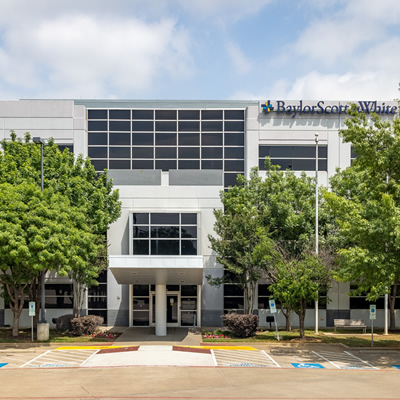
Baylor Scott & White Cardiovascular Consultants - Grapevine
2020 W State Hwy 114 Ste 200, Grapevine, TX, 76051- Monday: 8:00 am - 5:00 pm
- Tuesday: 8:00 am - 5:00 pm
- Wednesday: 8:00 am - 5:00 pm
- Thursday: 8:00 am - 5:00 pm
- Friday: 8:00 am - 4:00 pm

Baylor Scott & White Cardiovascular Consultants - Highland Village
1401 Shoal Creek Ste 240, Highland Village, TX, 75077- Monday: 8:30 am - 5:00 pm
- Tuesday: 8:30 am - 5:00 pm
- Wednesday: 8:30 am - 5:00 pm
- Thursday: 8:30 am - 5:00 pm
- Friday: 8:30 am - 5:00 pm
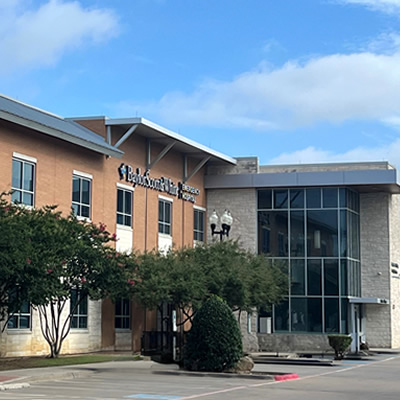
Baylor Scott & White Cardiovascular Consultants - Keller
620 S Main St Ste 240, Keller, TX, 76248- Monday: 8:00 am - 5:00 pm
- Tuesday: 8:00 am - 5:00 pm
- Wednesday: 8:00 am - 5:00 pm
- Thursday: 8:00 am - 5:00 pm
- Friday: 8:00 am - 4:00 pm

Baylor Scott & White Cardiovascular Consultants - Plano
6000 W Spring Creek Pkwy Ste 220, Plano, TX, 75024- Monday: 8:30 am - 5:00 pm
- Tuesday: 8:30 am - 5:00 pm
- Wednesday: 8:30 am - 5:00 pm
- Thursday: 8:30 am - 5:00 pm
- Friday: 8:30 am - 5:00 pm
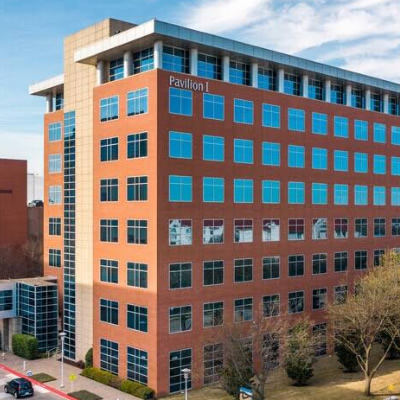
Baylor Scott & White Cardiovascular Consultants - Plano II
4708 Alliance Blvd Pavilion I, Ste 450 , Plano, TX, 75093- Monday: 8:30 am - 4:45 pm
- Tuesday: 8:30 am - 4:45 pm
- Wednesday: 8:30 am - 4:45 pm
- Thursday: 8:30 am - 4:45 pm
- Friday: 8:30 am - 4:45 pm

Baylor Scott & White Cardiovascular Consultants at The Star
3800 Gaylord Pkwy Ste 910, Frisco, TX, 75034- Monday: 8:30 am - 5:00 pm
- Tuesday: 8:30 am - 5:00 pm
- Wednesday: 8:30 am - 5:00 pm
- Thursday: 8:30 am - 5:00 pm
- Friday: 8:30 am - 5:00 pm

Baylor Scott & White Cardiovascular Specialists - Mesquite
5308 N Galloway Ave Ste 201, Mesquite, TX, 75150- Monday: 8:00 am - 5:00 pm
- Tuesday: 8:00 am - 5:00 pm
- Wednesday: 8:00 am - 5:00 pm
- Thursday: 8:00 am - 5:00 pm
- Friday: 8:00 am - 5:00 pm

Baylor Scott & White Cardiovascular Specialists - Rockwall
6705 Heritage Pkwy Ste 202, Rockwall, TX, 75087- Monday: 8:00 am - 5:00 pm
- Tuesday: 8:00 am - 5:00 pm
- Wednesday: 8:00 am - 5:00 pm
- Thursday: 8:00 am - 5:00 pm
- Friday: 8:00 am - 5:00 pm
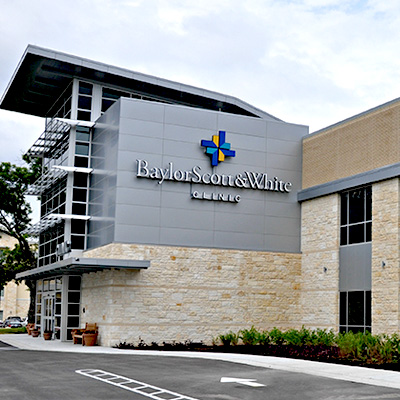
Baylor Scott & White Clinic - Cedar Park
910 E Whitestone Blvd , Cedar Park, TX, 78613- Monday: 8:00 am - 5:00 pm
- Tuesday: 8:00 am - 5:00 pm
- Wednesday: 8:00 am - 5:00 pm
- Thursday: 8:00 am - 5:00 pm
- Friday: 8:00 am - 5:00 pm
- Monday: 7:00 am - 5:00 pm
- Tuesday: 7:00 am - 5:00 pm
- Wednesday: 7:00 am - 5:00 pm
- Thursday: 7:00 am - 5:00 pm
- Friday: 7:00 am - 5:00 pm
- Saturday: 9:00 am - 2:00 pm
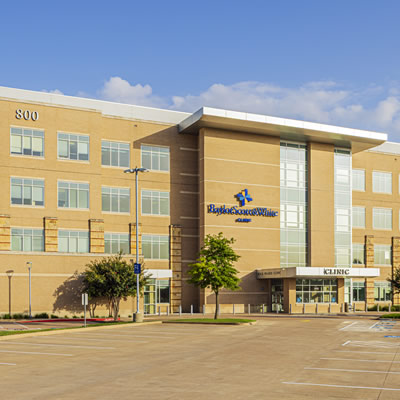
Baylor Scott & White Clinic - College Station Rock Prairie
800 Scott and White Dr , College Station, TX, 77845- Monday: 7:30 am - 5:00 pm
- Tuesday: 7:30 am - 5:00 pm
- Wednesday: 7:30 am - 5:00 pm
- Thursday: 7:30 am - 5:00 pm
- Friday: 7:30 am - 5:00 pm
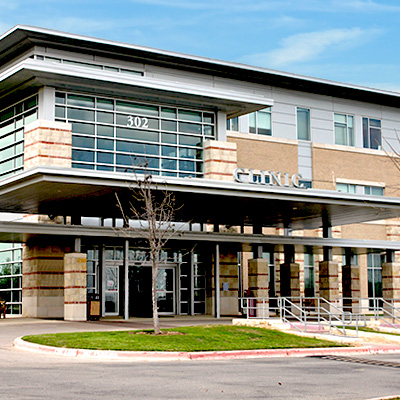
Baylor Scott & White Clinic - Round Rock 302 University
302 University Blvd , Round Rock, TX, 78665- Monday: 8:00 am - 5:00 pm
- Tuesday: 8:00 am - 5:00 pm
- Wednesday: 8:00 am - 5:00 pm
- Thursday: 8:00 am - 5:00 pm
- Friday: 8:00 am - 5:00 pm
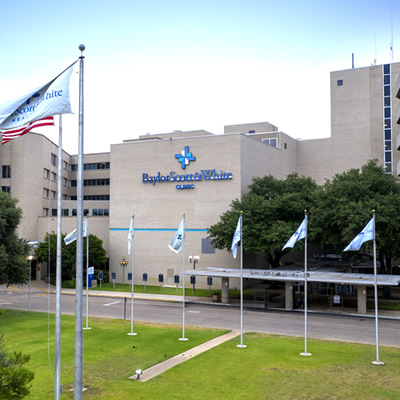
Baylor Scott & White Clinic - Temple
2401 S 31st St , Temple, TX, 76508- Monday: 8:00 am - 5:00 pm
- Tuesday: 8:00 am - 5:00 pm
- Wednesday: 8:00 am - 5:00 pm
- Thursday: 8:00 am - 5:00 pm
- Friday: 8:00 am - 5:00 pm
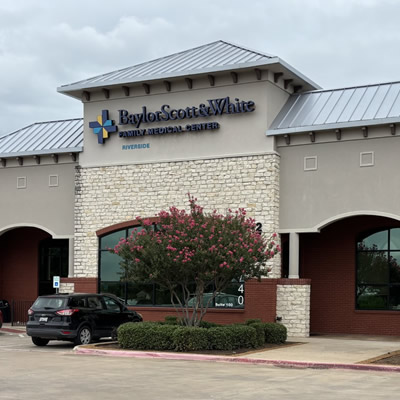
Baylor Scott & White Cottonwood Cardiology - Grand Prairie
2740 N State Highway 360 Ste 100, Grand Prairie, TX, 75050- Monday: 8:00 am - 5:00 pm
- Tuesday: 8:00 am - 5:00 pm
- Wednesday: 8:00 am - 5:00 pm
- Thursday: 8:00 am - 5:00 pm
- Friday: 8:00 am - 5:00 pm
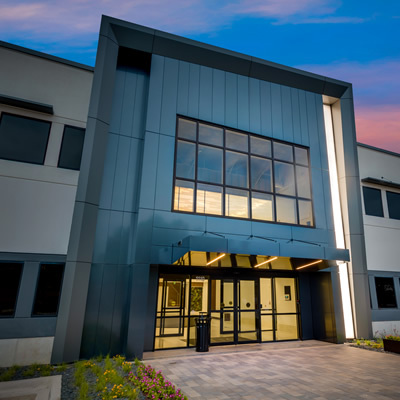
Baylor Scott & White Cottonwood Cardiology - Irving
1110 Cottonwood Ln , Irving, TX, 75038- Monday: 8:00 am - 5:00 pm
- Tuesday: 8:00 am - 5:00 pm
- Wednesday: 8:00 am - 5:00 pm
- Thursday: 8:00 am - 5:00 pm
- Friday: 8:00 am - 5:00 pm
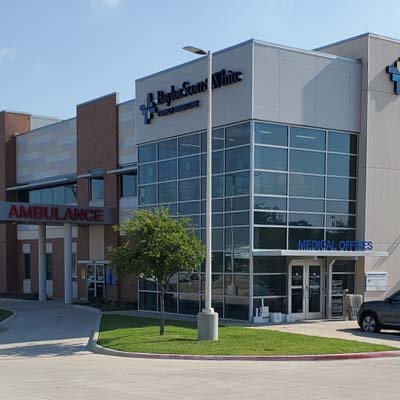
Baylor Scott & White Cottonwood Cardiology - Lake Ridge
3095 Kingswood Blvd Suite 250, Grand Prairie, TX, 75052- Monday: 8:00 am - 5:00 pm
- Tuesday: 8:00 am - 5:00 pm
- Wednesday: 8:00 am - 5:00 pm
- Thursday: 8:00 am - 5:00 pm
- Friday: 8:00 am - 5:00 pm
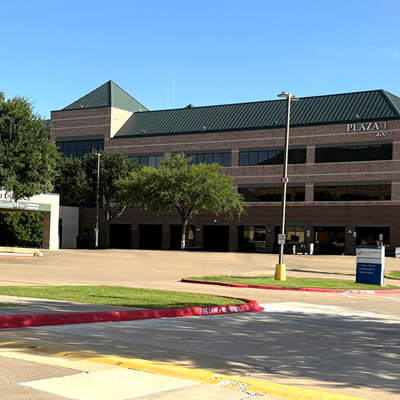
Baylor Scott & White Cottonwood Cardiology - Las Colinas
400 W Lyndon B Johnson Fwy Ste 210, Irving, TX, 75063
Baylor Scott & White Denton Heart Group
3333 Colorado Blvd , Denton, TX, 76210- Monday: 8:00 am - 5:00 pm
- Tuesday: 8:00 am - 5:00 pm
- Wednesday: 8:00 am - 5:00 pm
- Thursday: 8:00 am - 5:00 pm
- Friday: 8:00 am - 5:00 pm

Baylor Scott & White Denton Heart Group - Gainesville
201 N Interstate 35 Ste 140, Gainesville, TX, 76240- Monday: 8:00 am - 5:00 pm
- Tuesday: 8:00 am - 5:00 pm
- Wednesday: 8:00 am - 5:00 pm
- Thursday: 8:00 am - 5:00 pm
- Friday: 8:00 am - 5:00 pm

Baylor Scott & White Heart and Vascular Hospital - Dallas
621 N Hall St , Dallas, TX, 75226
Baylor Scott & White Heart and Vascular Hospital - Fort Worth
1400 8th Ave Bldg A, 6th Floor, Fort Worth, TX, 76104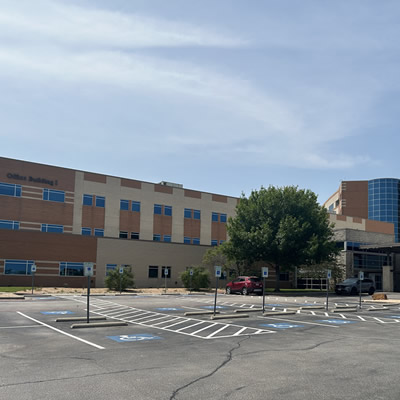
Baylor Scott & White Hillcrest Cardiology Clinic
50 Hillcrest Medical Blvd Ste 303, Waco, TX, 76712- Monday: 8:00 am - 5:00 pm
- Tuesday: 8:00 am - 5:00 pm
- Wednesday: 8:00 am - 5:00 pm
- Thursday: 8:00 am - 5:00 pm
- Friday: 8:00 am - 5:00 pm

Baylor Scott & White Legacy Heart Center - Frisco
9990 Dallas Pkwy Ste 100, Frisco, TX, 75033- Monday: 8:00 am - 5:00 pm
- Tuesday: 8:00 am - 5:00 pm
- Wednesday: 8:00 am - 5:00 pm
- Thursday: 8:00 am - 5:00 pm
- Friday: 8:00 am - 5:00 pm
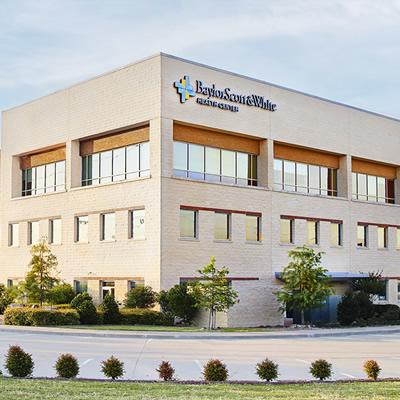
Baylor Scott & White Legacy Heart Center - Garland
7217 Telecom Pkwy Ste 205, Garland, TX, 75044- Monday: 8:00 am - 5:00 pm
- Tuesday: 8:00 am - 5:00 pm
- Wednesday: 8:00 am - 5:00 pm
- Thursday: 8:00 am - 5:00 pm
- Friday: 8:00 am - 5:00 pm
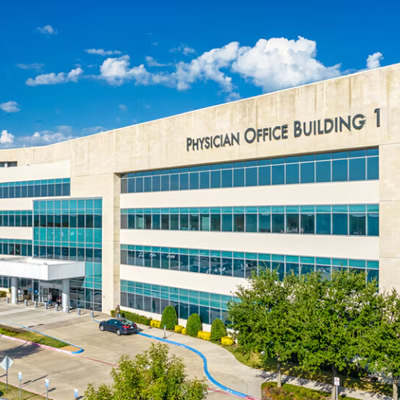
Baylor Scott & White Legacy Heart Center - McKinney
5236 W University Dr Ste 4100, McKinney, TX, 75071- Monday: 8:00 am - 5:00 pm
- Tuesday: 8:00 am - 5:00 pm
- Wednesday: 8:00 am - 5:00 pm
- Thursday: 8:00 am - 5:00 pm
- Friday: 8:00 am - 5:00 pm

Baylor Scott & White Legacy Heart Center - Plano Preston Road
6601 Preston Rd , Plano, TX, 75024- Monday: 8:00 am - 5:00 pm
- Tuesday: 8:00 am - 5:00 pm
- Wednesday: 8:00 am - 5:00 pm
- Thursday: 8:00 am - 5:00 pm
- Friday: 8:00 am - 5:00 pm

Baylor Scott & White Legacy Heart Center - Plano Spring Creek Parkway
5655 W Spring Creek Pkwy Ste 155, Plano, TX, 75024- Monday: 8:00 am - 5:00 pm
- Tuesday: 8:00 am - 5:00 pm
- Wednesday: 8:00 am - 5:00 pm
- Thursday: 8:00 am - 5:00 pm
- Friday: 8:00 am - 5:00 pm
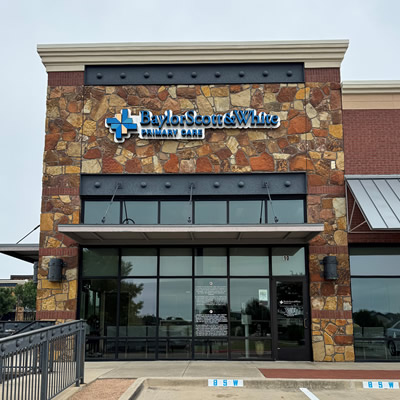
Baylor Scott & White Legacy Heart Center - Prosper
111 S Preston Rd Ste 10, Prosper, TX, 75078- Monday: 8:00 am - 5:00 pm
- Tuesday: 8:00 am - 5:00 pm
- Wednesday: 8:00 am - 5:00 pm
- Thursday: 8:00 am - 5:00 pm
- Friday: 8:00 am - 5:00 pm
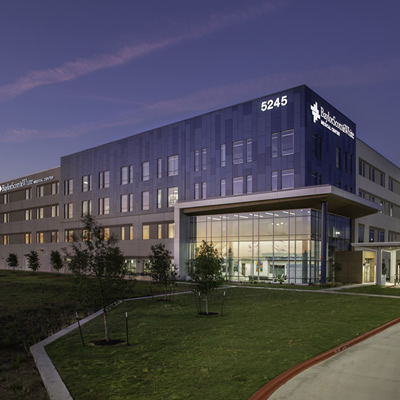
Baylor Scott & White Medical Center - Austin
5245 W US Hwy 290 Service Rd , Austin, TX, 78735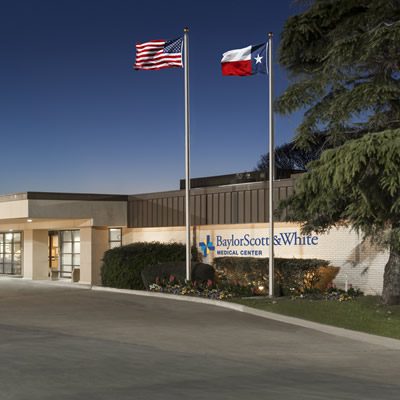
Baylor Scott & White Medical Center - Brenham
700 Medical Pkwy , Brenham, TX, 77833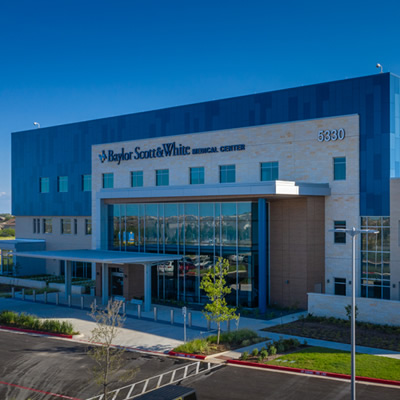
Baylor Scott & White Medical Center - Buda
5330 Overpass Rd , Buda, TX, 78610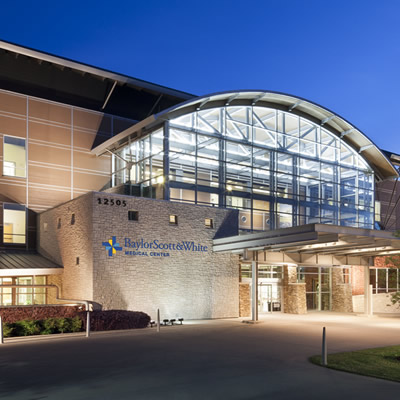
Baylor Scott & White Medical Center - Centennial
12505 Lebanon Rd , Frisco, TX, 75035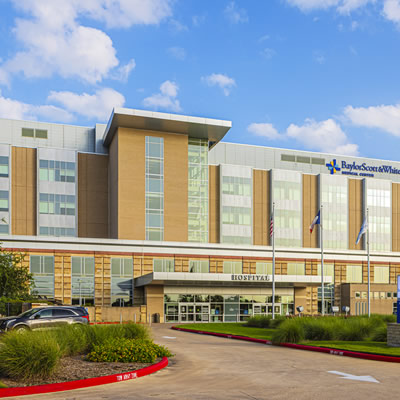
Baylor Scott & White Medical Center - College Station
700 Scott and White Dr , College Station, TX, 77845
Baylor Scott & White Medical Center - Grapevine
1650 W College St , Grapevine, TX, 76051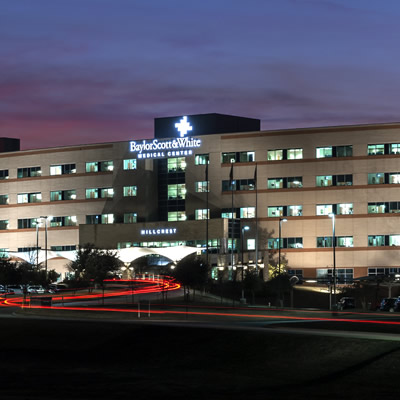
Baylor Scott & White Medical Center - Hillcrest
100 Hillcrest Medical Blvd , Waco, TX, 76712
Baylor Scott & White Medical Center - Irving
1901 N MacArthur Blvd , Irving, TX, 75061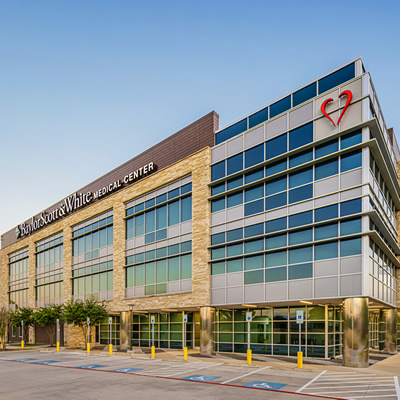
Baylor Scott & White Medical Center - Lake Pointe
6800 Scenic Dr , Rowlett, TX, 75088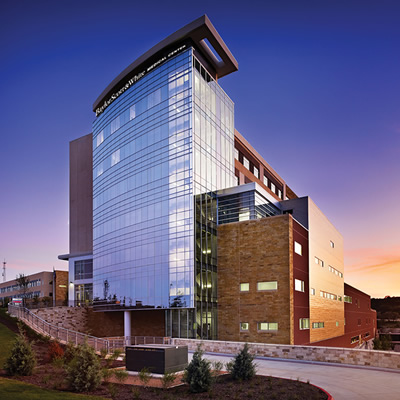
Baylor Scott & White Medical Center - Lakeway
100 Medical Pkwy , Lakeway, TX, 78738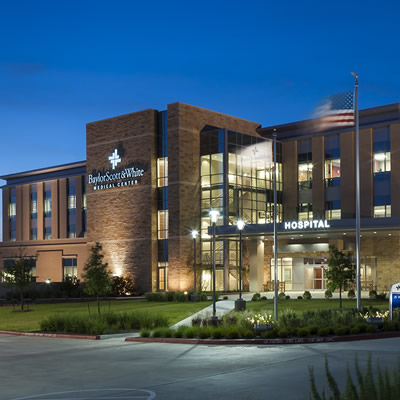
Baylor Scott & White Medical Center - Marble Falls
810 W State Hwy 71 , Marble Falls, TX, 78654
Baylor Scott & White Medical Center - McKinney
5252 W University Dr Highway 380 at Lake Forest Drive, McKinney, TX, 75071